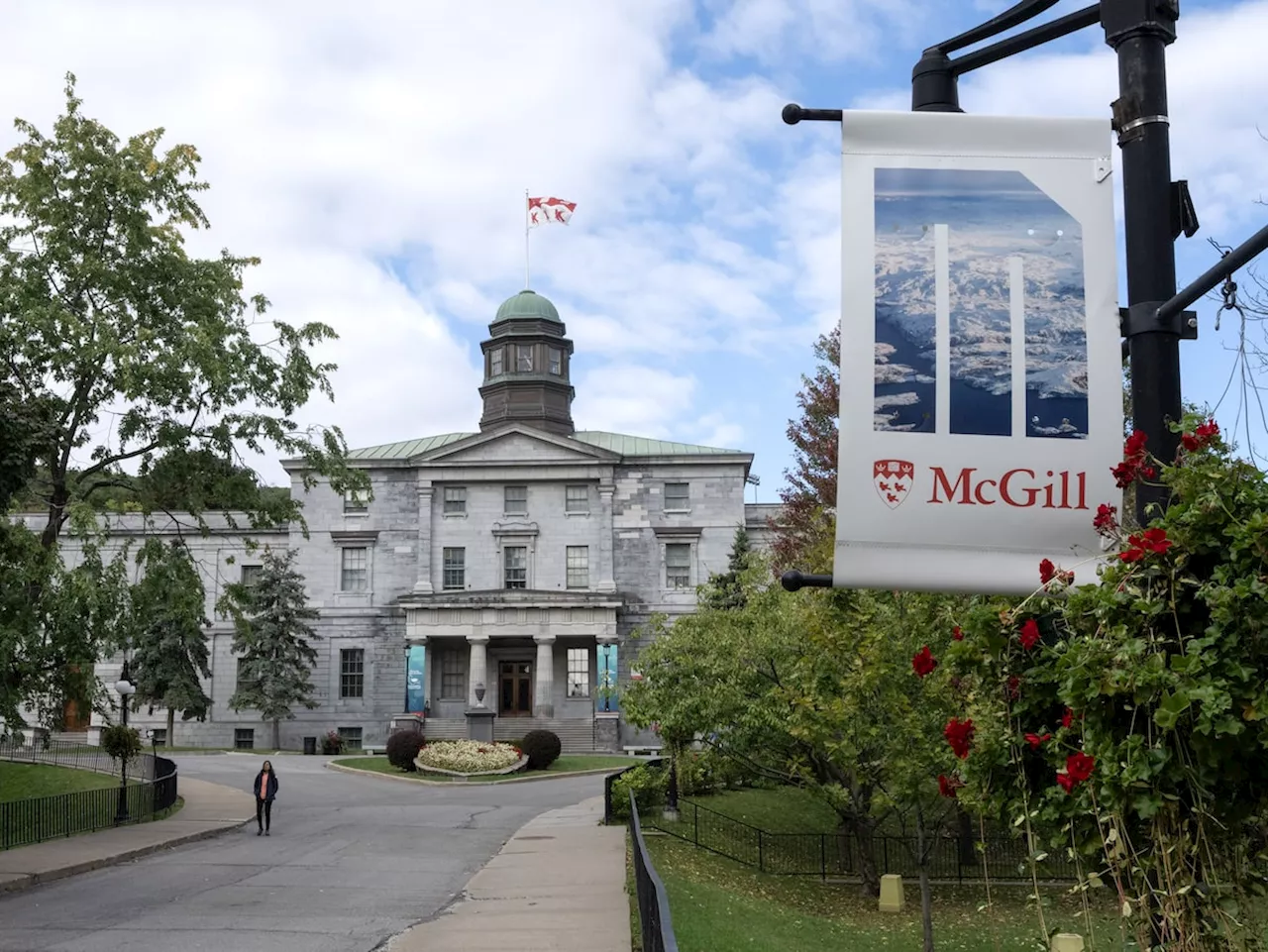Analysis states areas in Montreal and Toronto located near highways, airports and rail yards have higher concentrations of UFPs, meaning people in those areas are at higher risk
A study by researchers at McGill University has found that a microscopic air pollutant generated from vehicles and industry plays a role in the deaths of an estimated 1,100 people in Canada ’s two biggest cities each year.
Researchers tracked air pollution levels between 2001 and 2016 in Toronto and Montreal and used information including mortality data and other records to follow about 1.5 million people over time and calculate the connection between the exposure to UFPs and risk of death. The tiny size of the particles allows them to penetrate deep into the human body and enter the bloodstream, contributing to heart and lung diseases, as well as some forms of cancer, said Weichenthal, who is an assistant professor in the department of epidemiology, biostatistics, and occupational health at McGill.
The study’s authors say Ottawa and the provinces need to set concentration limits for UFPs the way they have done to regulate larger particles like fine particulate matter, such as soot from wood-burning.
Canada News Breaking News Video Canadian Breaking News Breaking News Globe And Mail Breaking News Globe And Mail Canada News Photos World News Local News National News Us News Foreign News Sports News Arts News Life News Lifestyle Canada Traffic Canada Weather Trudeau Government Federal Government Canada Sports Canada Sports News Politics Politics News Political News Political Opinion Environment Economy Technology Education Travel Canada Alberta Bc British Columbia Manitoba Ontario Quebec Nova Scotia Pei New Brunswick Newfoundland And Labrador Nunavut Northwest Territories Yukon Globe And Mail
Canada Latest News, Canada Headlines
Similar News:You can also read news stories similar to this one that we have collected from other news sources.
 Ultrafine particles linked to 1,100 deaths per year in Montreal, TorontoResearchers at Montreal's McGill University have found that ultrafine particles from vehicles and industry are linked to the deaths of an estimated 1,100 people per year in Canada's two biggest cities.
Ultrafine particles linked to 1,100 deaths per year in Montreal, TorontoResearchers at Montreal's McGill University have found that ultrafine particles from vehicles and industry are linked to the deaths of an estimated 1,100 people per year in Canada's two biggest cities.
Read more »
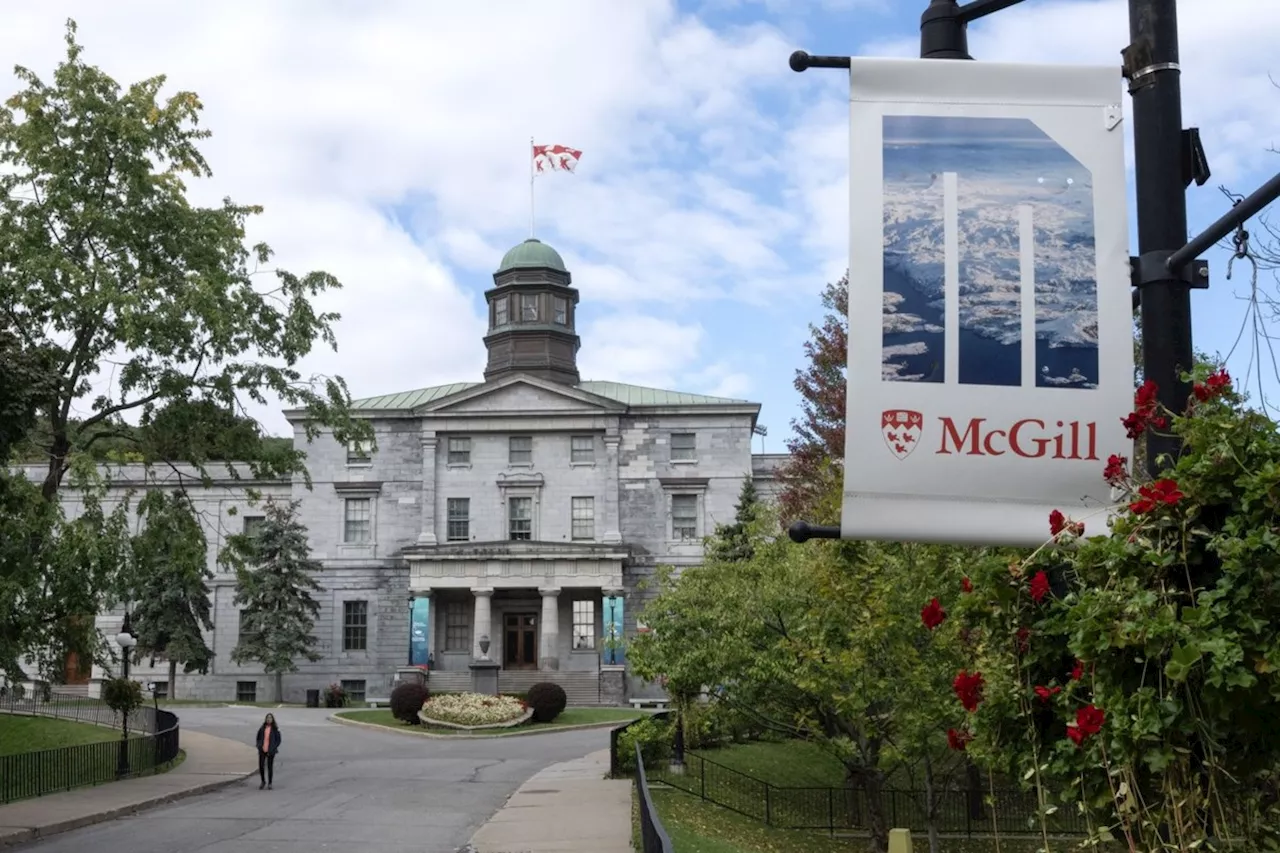 Ultrafine particles linked to 1,100 deaths per year in Montreal, Toronto: studyMONTREAL — Researchers at Montreal's McGill University have found that ultrafine particles from vehicles and industry are linked to the deaths of an estimated 1,100 people per year in Canada’s two biggest cities.
Ultrafine particles linked to 1,100 deaths per year in Montreal, Toronto: studyMONTREAL — Researchers at Montreal's McGill University have found that ultrafine particles from vehicles and industry are linked to the deaths of an estimated 1,100 people per year in Canada’s two biggest cities.
Read more »
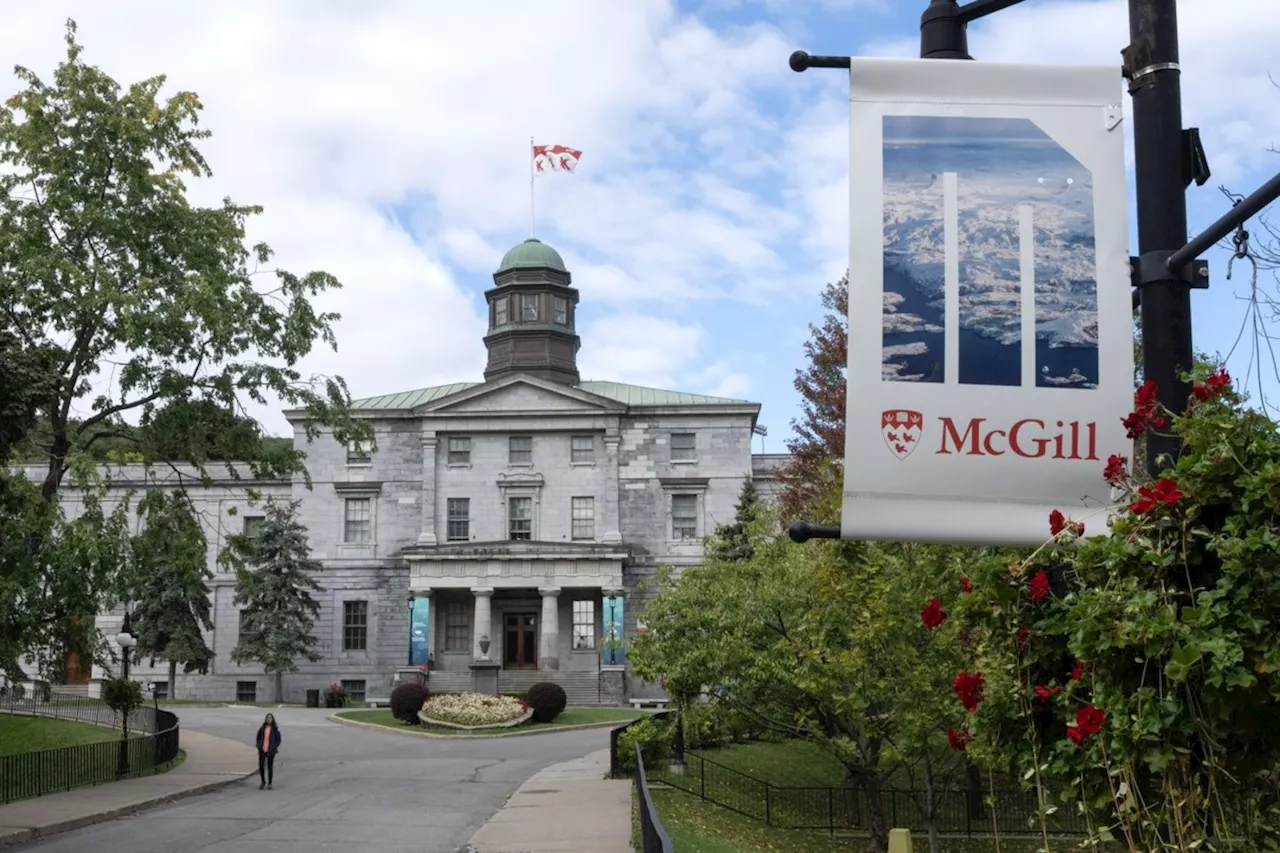 Ultrafine particles linked to 1,100 deaths per year in Montreal, Toronto: studyMONTREAL — Researchers at Montreal's McGill University have found that ultrafine particles from vehicles and industry are linked to the deaths of an estimated 1,100 people per year in Canada’s two biggest cities.
Ultrafine particles linked to 1,100 deaths per year in Montreal, Toronto: studyMONTREAL — Researchers at Montreal's McGill University have found that ultrafine particles from vehicles and industry are linked to the deaths of an estimated 1,100 people per year in Canada’s two biggest cities.
Read more »
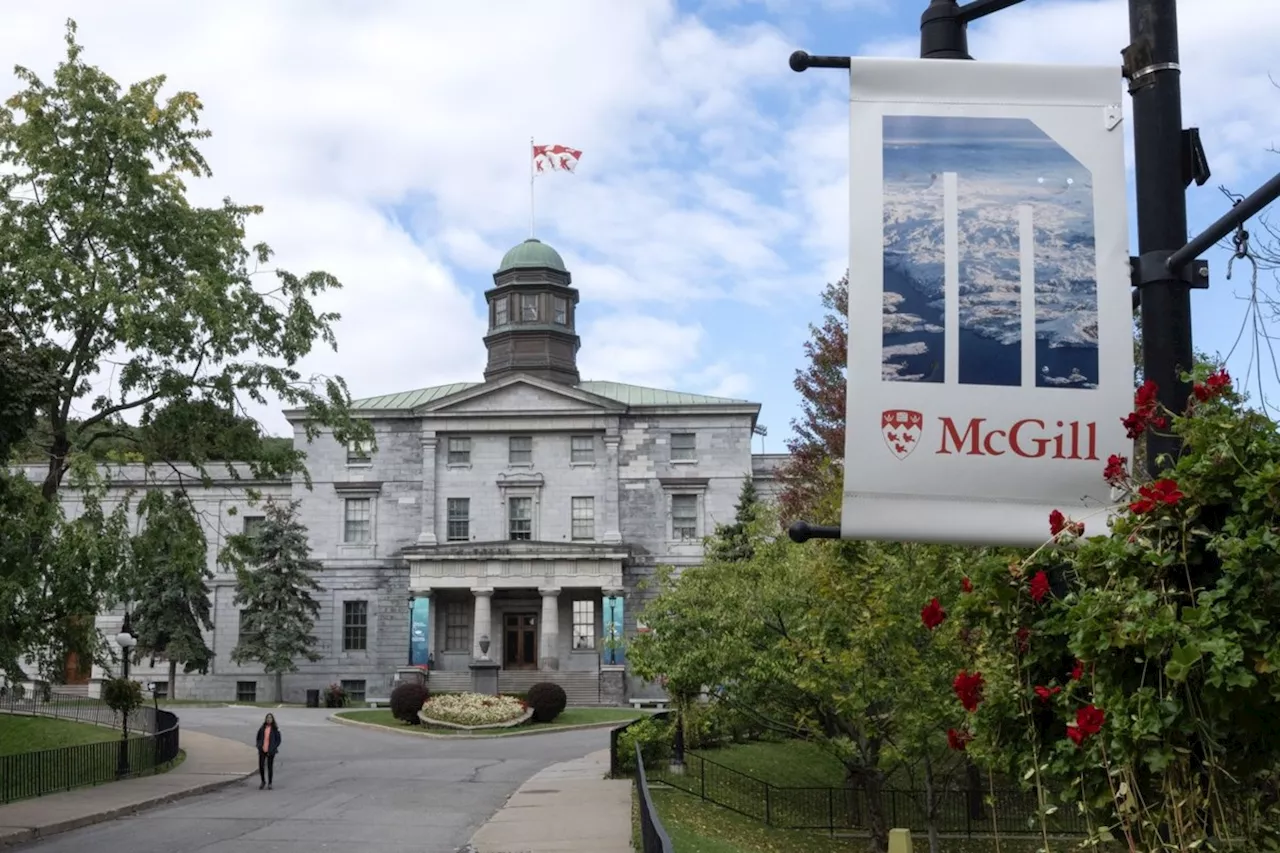 Ultrafine particles linked to 1,100 deaths per year in Montreal, Toronto: studyMONTREAL — Researchers at Montreal's McGill University have found that ultrafine particles from vehicles and industry are linked to the deaths of an estimated 1,100 people per year in Canada’s two biggest cities.
Ultrafine particles linked to 1,100 deaths per year in Montreal, Toronto: studyMONTREAL — Researchers at Montreal's McGill University have found that ultrafine particles from vehicles and industry are linked to the deaths of an estimated 1,100 people per year in Canada’s two biggest cities.
Read more »
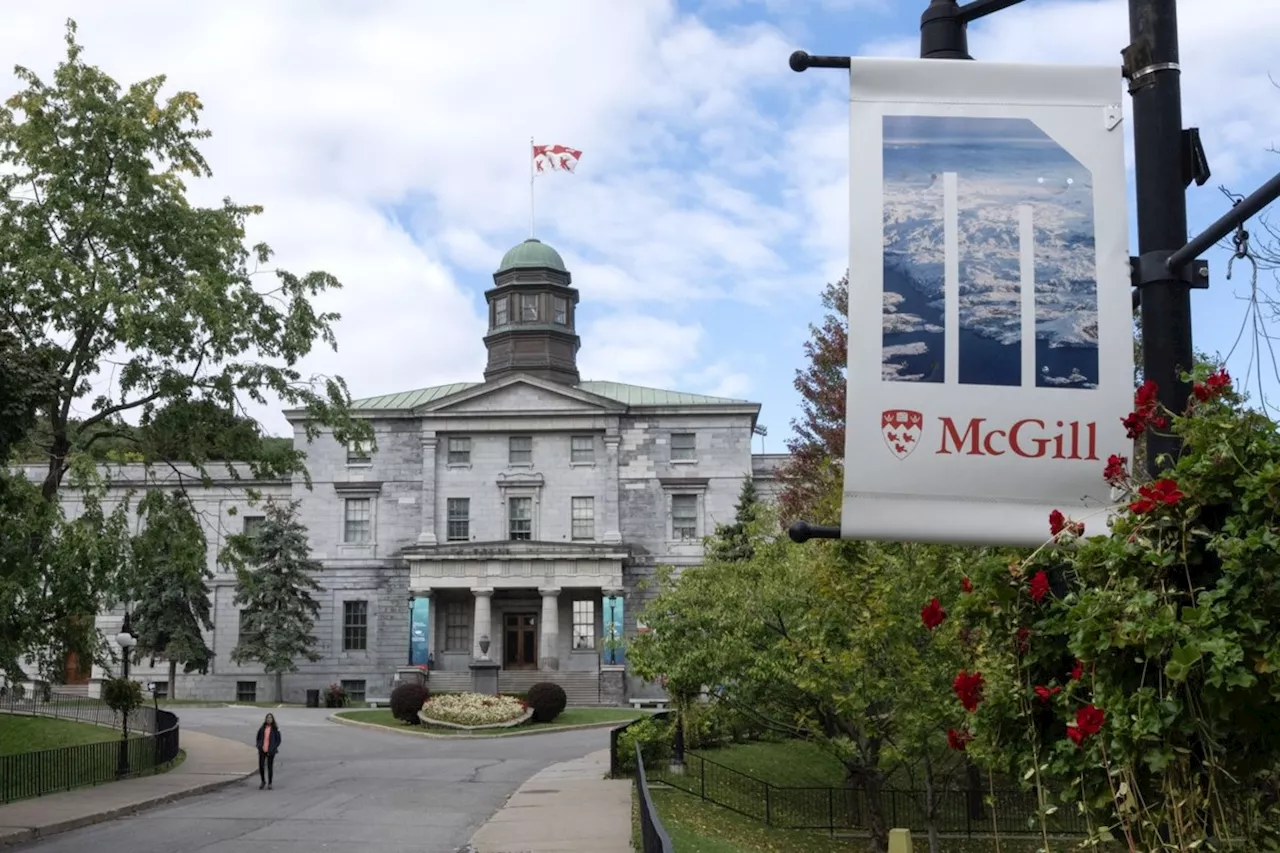 Ultrafine particles linked to 1,100 deaths per year in Montreal, Toronto: studyMONTREAL — Researchers at Montreal's McGill University have found that ultrafine particles from vehicles and industry are linked to the deaths of an estimated 1,100 people per year in Canada’s two biggest cities.
Ultrafine particles linked to 1,100 deaths per year in Montreal, Toronto: studyMONTREAL — Researchers at Montreal's McGill University have found that ultrafine particles from vehicles and industry are linked to the deaths of an estimated 1,100 people per year in Canada’s two biggest cities.
Read more »
 Beryl aftermath: Montreal pounded by 100 mm of rain, with more on the wayThe weather agency's rainfall warning was still in effect for parts of southern Quebec on Thursday after the province was pounded by rain.
Beryl aftermath: Montreal pounded by 100 mm of rain, with more on the wayThe weather agency's rainfall warning was still in effect for parts of southern Quebec on Thursday after the province was pounded by rain.
Read more »
